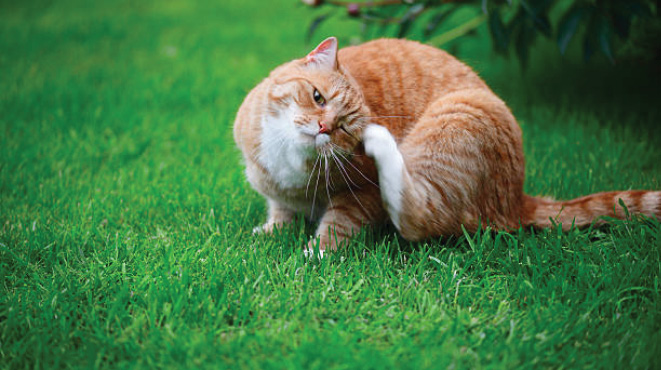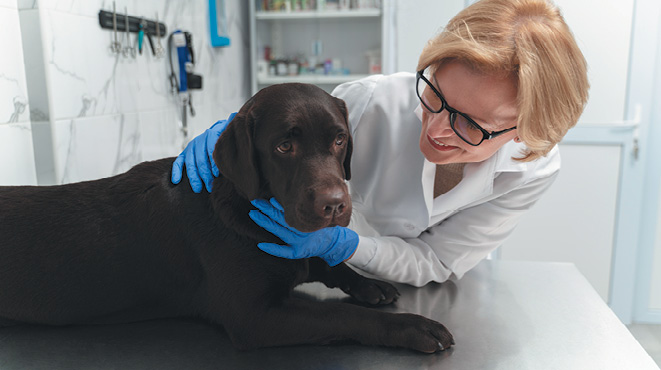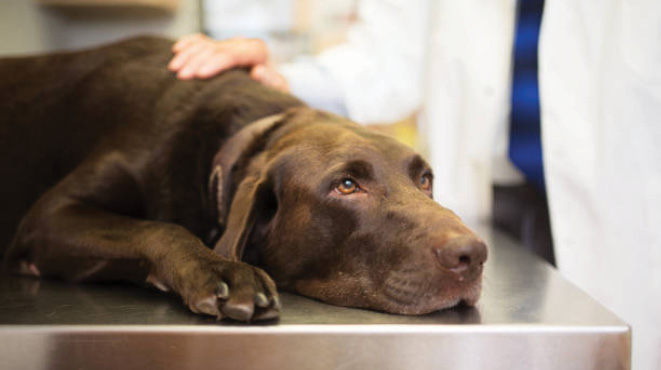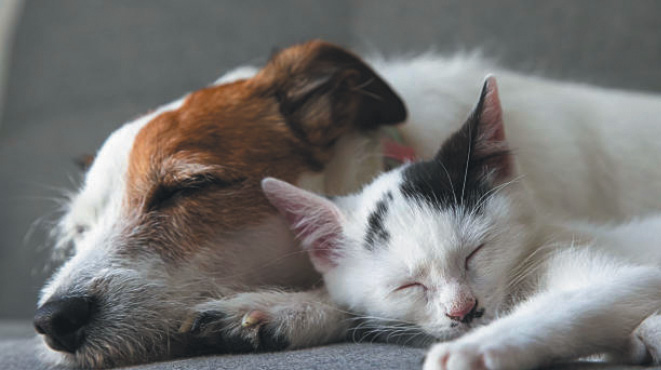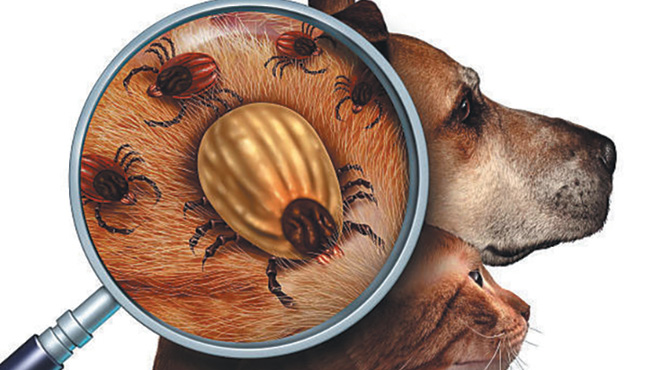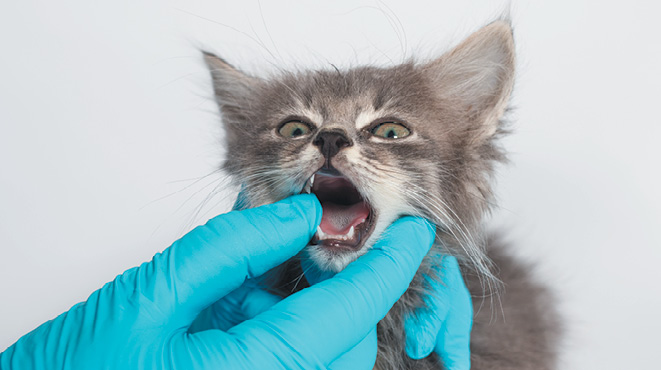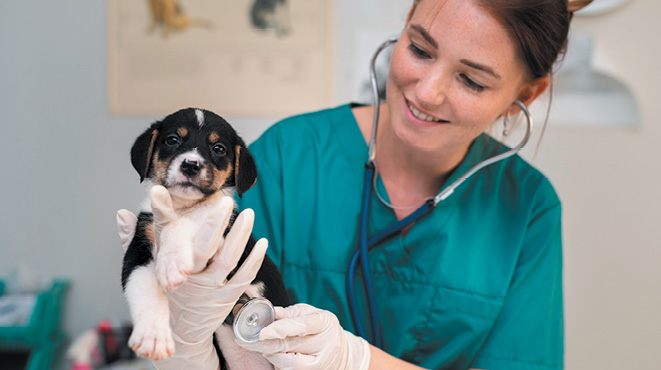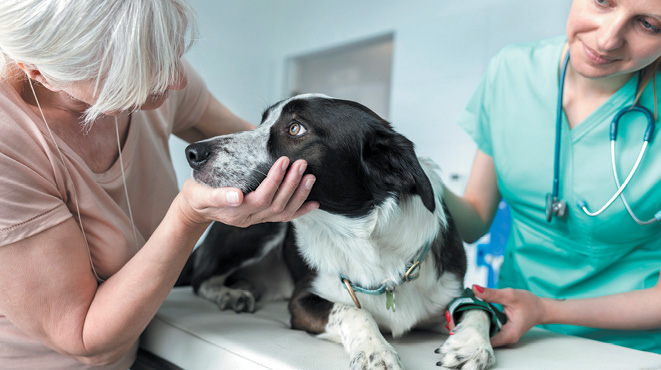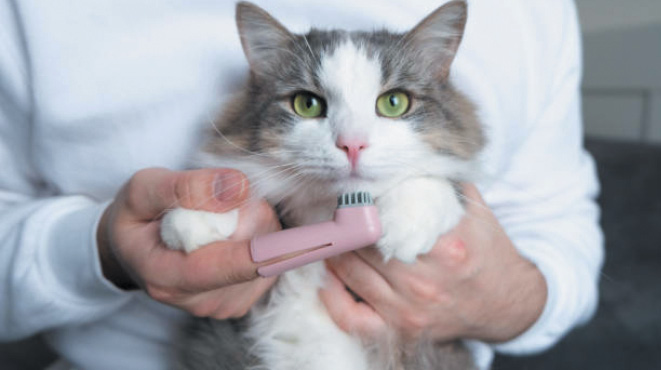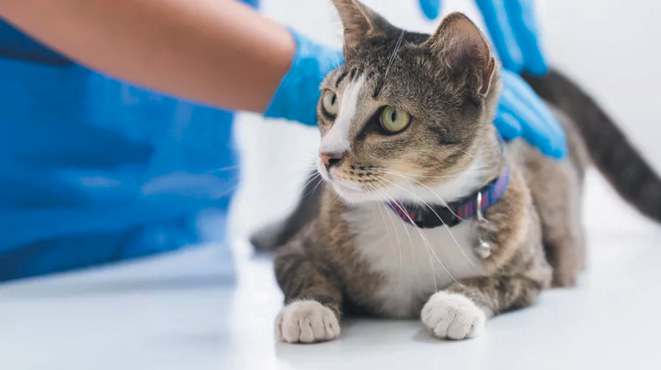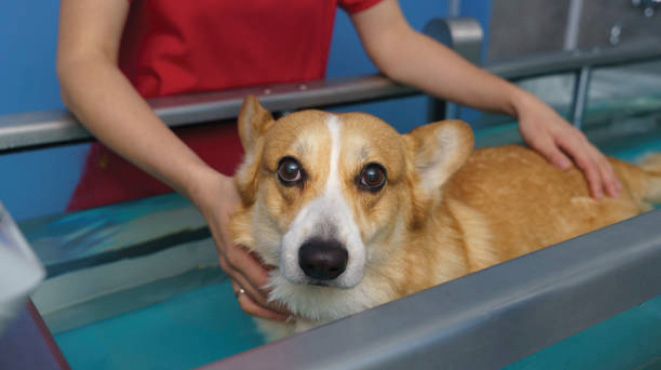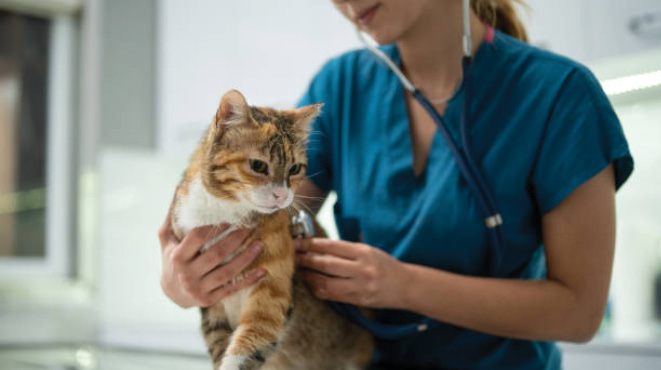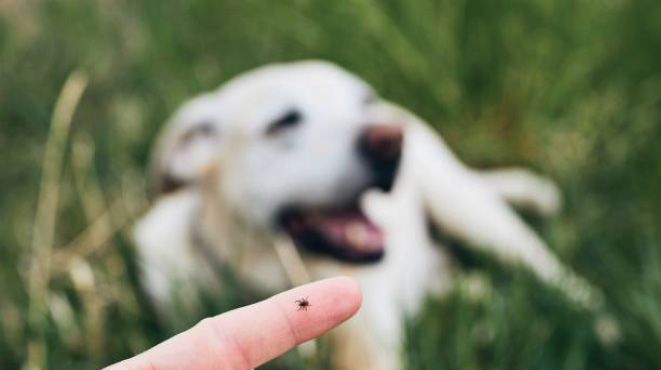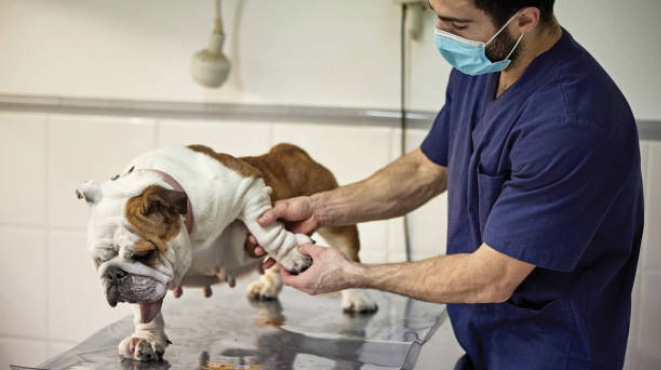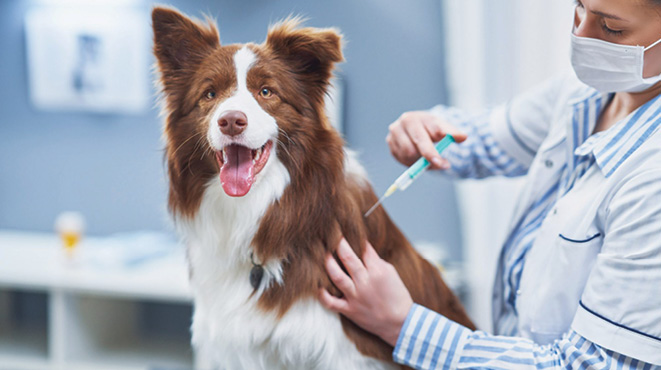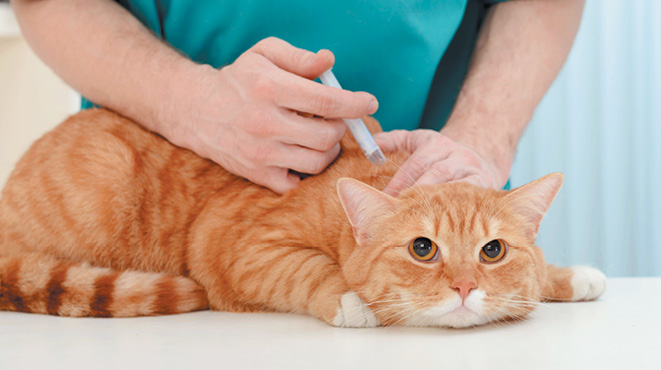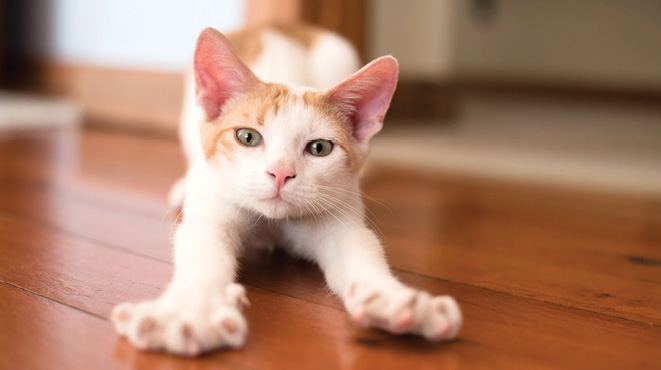BY DR NICKY THOMAS, WYNNUM MANLY VETERINARY HOSPITAL
 Itching and allergies in cats occur commonly and can be frustrating to manage and treat. Itchy cats will often demonstrate persistent scratching and chewing, which can result in open wounds and pain, in addition to the irritation caused by the itch.
Itching and allergies in cats occur commonly and can be frustrating to manage and treat. Itchy cats will often demonstrate persistent scratching and chewing, which can result in open wounds and pain, in addition to the irritation caused by the itch.
What are the most common causes of itching?
Itching in cats is commonly caused by external parasites such as fleas and mites, allergies and the fungal infection ringworm. Cats will show signs of itching, including scratching, licking, or chewing on the affected area. The skin may become red and inflamed with fur loss and scabbing secondary to self-trauma or secondary infection.
What are the most common types of allergies in cats?
The most common allergies in cats are flea allergy dermatitis, food allergy and atopic dermatitis. Secondary infection with bacteria or yeast can increase the level of itching.
- Flea allergy dermatitis is caused by flea saliva – one bite from a flea is enough to trigger a reaction in affected animals. Regular use of a flea control product on all pets in the house, and treatment of infected environments with regular pest control can reduce the risk of flea allergy.
- Food allergy is the result of a reaction to protein, carbohydrates or preservatives in food. Your vet will advise you on options for hypoallergenic or anallergenic foods for your cat to try. These foods often contain “novel” proteins – these are proteins which your cat has not been exposed to previously so is less likely to have a reaction to.
- Atopic dermatitis is similar to hay fever in people – cats may be allergic to pollen, dust mites and mould spores. Veterinary dermatologists can test your cat for allergens and develop a vaccine to desensitise against allergens.
How do we treat allergies in cats?
Treatment of allergic skin disease in cats includes aiming to reduce exposure to allergens and reducing itching. There are topical, oral and injectable treatments that may be utilised to control your itchy cat’s signs. Your vet will be able to help you develop the appropriate treatment plan for your pet.

